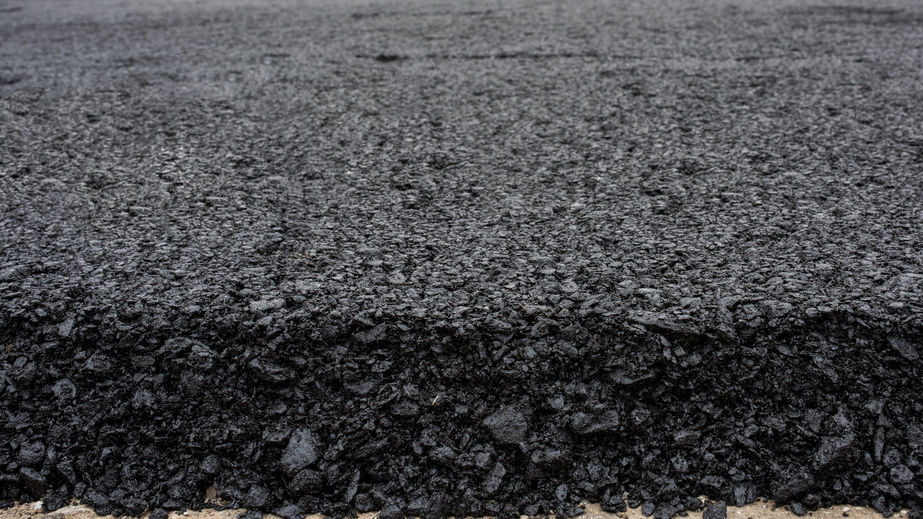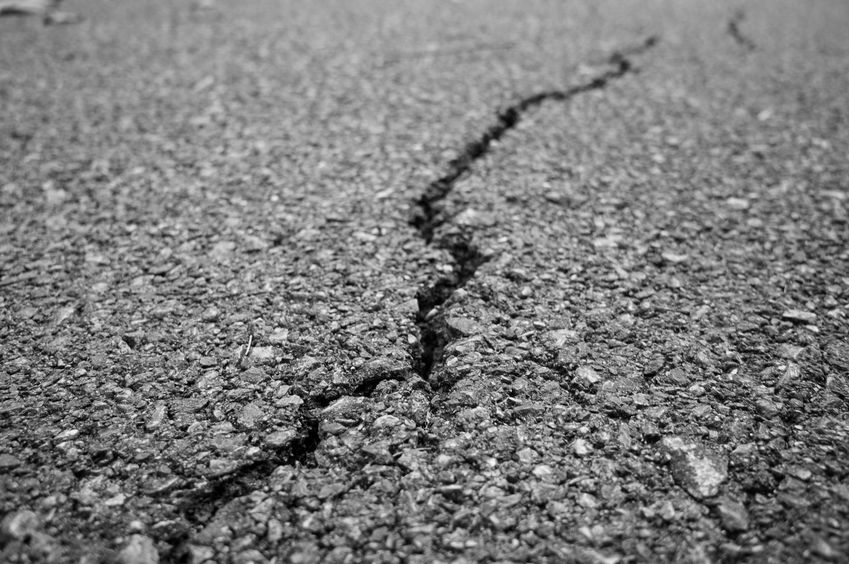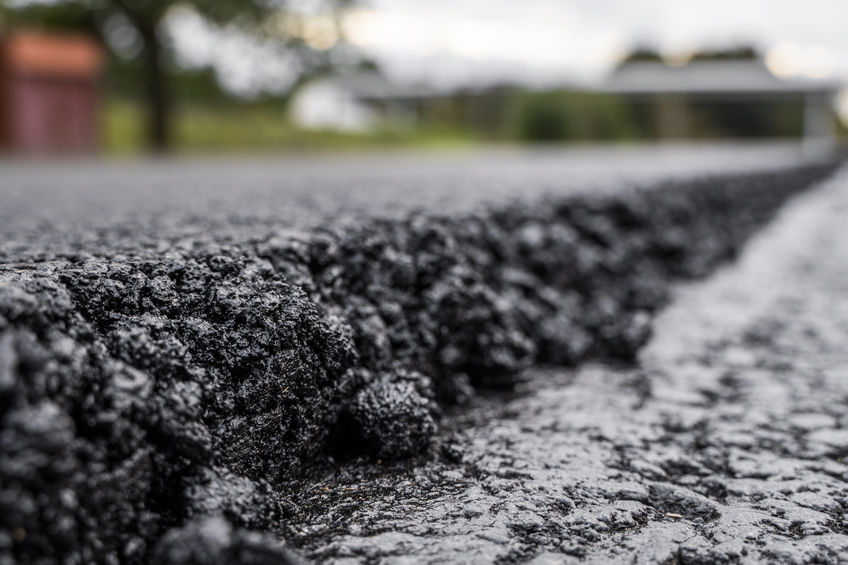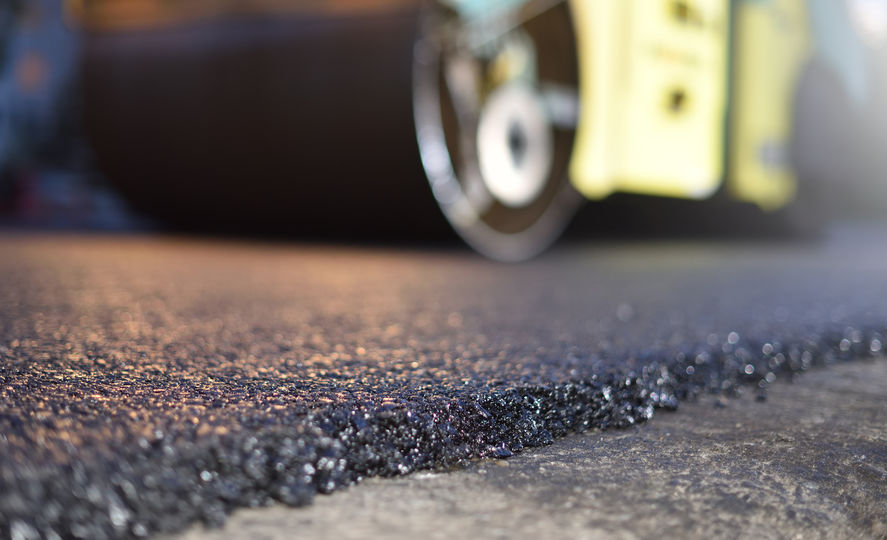
Your driveway doesn’t get much attention—until it starts showing signs of wear. But just like anything else exposed to the weather day after day, asphalt needs a little care now and then. If you’ve been wondering whether this is the year to reseal your driveway, there are a few telltale signs you can look for before it turns into a bigger problem.
At JK Seal Coaters, we work with homeowners across the Mid-Hudson Valley to help keep their driveways looking sharp and lasting longer. Here’s how to tell when it’s time to give your driveway some attention.
It’s Looking Grayer Than Black
When asphalt is freshly sealed, it has that clean, deep black look. Over time, though, the sun and weather fade that finish to a light gray. While fading might seem like a cosmetic issue, it’s a sign that the protective layer has worn off. That means your driveway is more exposed to moisture, UV rays, and general wear and tear.
A faded driveway usually means it’s time to reseal. Not only will it look better—it’ll hold up better too.
You’ve Noticed Some Cracking
Little cracks may not seem like a big deal at first, but they’re how bigger issues begin. Water finds its way in, freezes, and starts to break the asphalt apart. Once cracks start spreading, repairs get more complicated (and expensive).
If you see cracks forming—whether they’re small lines or larger splits—it’s smart to act sooner rather than later. We can fill those cracks and apply a fresh sealcoat to keep them from getting worse.
Potholes Are Starting to Show
If you’ve hit a little bump or dip pulling into your driveway lately, you might have a forming pothole. These usually start with neglected cracks that allow water to seep into the base layer. Once that base is damaged, the top layer starts to give out.
We can patch up those problem areas and add a protective seal over the top to prevent future damage.
It’s Been a Few Years Since the Last Sealcoat
Sealcoating isn’t permanent. On average, asphalt driveways should be resealed every 2 to 3 years. If you’ve lost track of when you last had it done—or if it’s clearly been a while—it’s probably time. Regular maintenance keeps your driveway strong and can help you avoid costly repairs down the road.
Oil Spots and Rain Soak Right In
Here’s a quick test: after a rainstorm, does water bead on the surface or soak in? If it soaks in—and especially if oil stains are starting to stick around—your driveway no longer has a good seal. That sealer layer acts like a shield, and without it, everything from motor oil to salt and water can start wearing down your asphalt.
A new coat of sealer restores that shield and gives you back the protection you need.
Why Act Now?
Resealing isn’t just about making your driveway look good (though that’s a nice bonus). It’s a way to:
- Stop small cracks before they become big headaches
- Protect against water, oil, salt, and sun damage
- Boost curb appeal with a clean, uniform surface
- Extend the life of your driveway and save money in the long run
Let JK Seal Coaters Take Care of It
If you’re seeing any of these signs, now’s a great time to get ahead of it. At JK Seal Coaters, we make the process easy—no stress, no mess, and no guessing. We’ll check out your driveway, let you know exactly what it needs, and get it sealed up and protected for the seasons ahead.
We proudly serve the Mid-Hudson Valley, including towns like Poughkeepsie, Kingston, New Paltz, Saugerties, and Rhinebeck. Whether you’re in the city or on a rural road, we’ve got your driveway covered.
Ready to get started? Give us a call at (845) 532-2127 today or visit us online to request a free quote!



